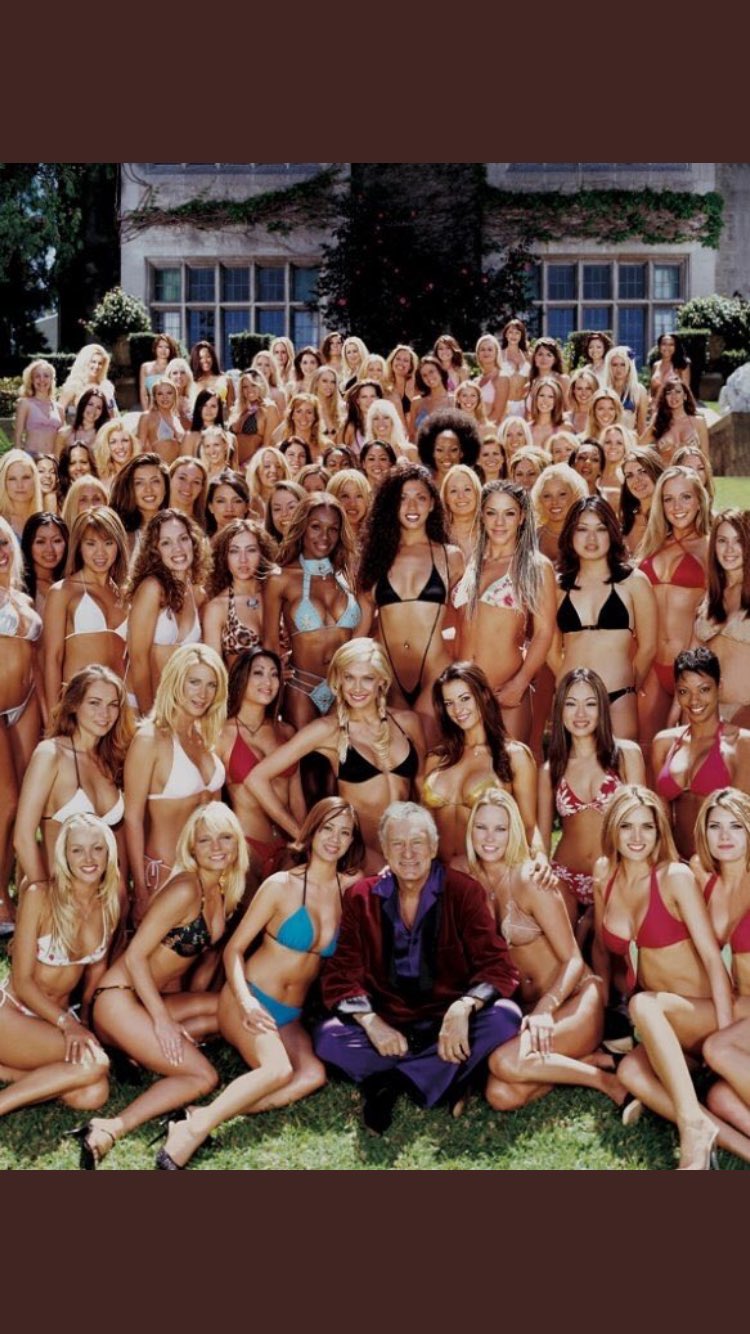Oh good, another heckuva job, Brownie.
“I am very satisfied,” acting Homeland Security Secretary Elaine Duke told reporters outside the White House. “I know it’s a hard storm to recover from but the amount of progress that’s been made, and I really would appreciate any support that we get. I know it is really a good news story in terms of our ability to reach people and the limited number of deaths that have taken place in such a devastating hurricane.”
Well, that’s because it takes a few days to die of dehydration and a few more to die of starvation. The deaths are expected to rise sharply as those few days tick by.
Tom Bossert, the White House homeland security adviser, expressed full confidence that the response effort is appropriately led and resourced and unfolding at a good pace.
“What I will tell you is that we are mobilizing and marshaling the resources of the United States of America in a way that is absolutely professional, fast, and adequate to meet the needs,” Bossert said alongside Duke.
“This is textbook and it’s been done well,” Bossert added later from the White House podium.
It’s only those silly people actually in Puerto Rico who don’t see it that way, and what do they know?
Duke’s suggestion that the federal response was a “good news story” struck some as tone deaf and reflected the perils of the Trump administration’s attempts to reassure Americans that the federal government is responding appropriately to the unfolding crisis.
Asked to clarify her comment that the government’s response to the storm is a “good news story,” Duke pointed to effective coordination between federal and local authorities and said there is “unification of command.”
Oh. Well that’s nice, I guess, but it loses sight of the actual goal, which is to keep people in Puerto Rico from dying in the horrible aftermath of the hurricane. It’s nice if everyone wears a clean uniform and all but it’s not really the core issue here.
President Donald Trump did not publicly address the situation in Puerto Rico on Thursday, but acknowledged a day earlier the difficulties of bringing quick relief to the island, calling it “a very difficult situation.”
“That place was just destroyed. That’s not a question of, gee, let’s dry up the water, let’s do this or that. I mean, that place was flattened. That is a really tough situation,” Trump told reporters on the South Lawn of the White House.
One that he didn’t so much as mention in his official Twitter dispatches for several days because he was so laser-focused on the dire emergency of football players kneeling instead of standing for Our Patriotic Song.





